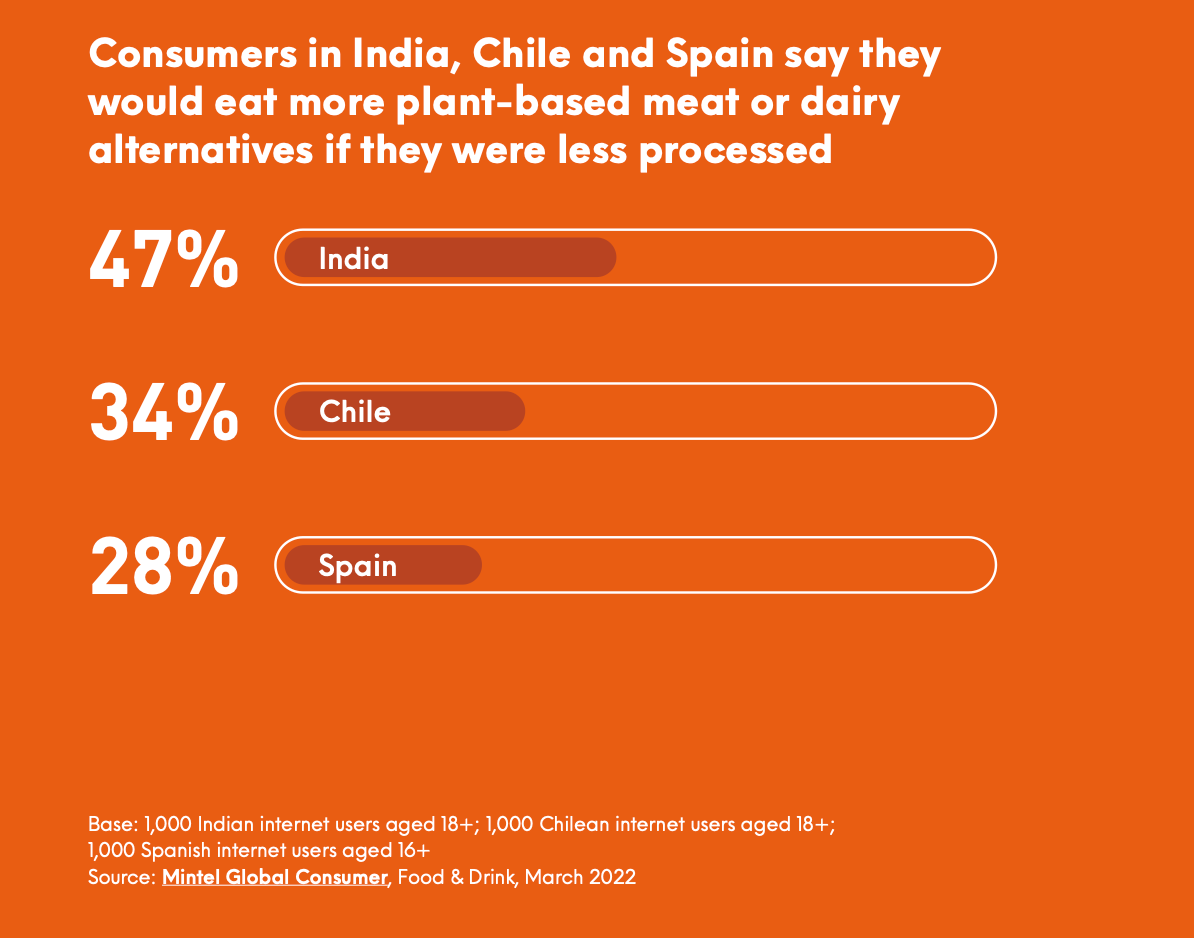Table of Contents
In recent years, there has been a distinct shift in consumer awareness regarding the health and environmental impacts of processed food and beverages. Nutrition facts labeling, better access to information online, and high-profile documentaries have all contributed to more consumers actively questioning what goes into processed items and how they are made.
On the health front, there is growing concern about the additives, preservatives, colors, flavors, and sweeteners commonly used in packaged food and drinks. Studies revealing the harmful effects of ingredients like trans fats, artificial colors, and high fructose corn syrup have made many consumers wary. There is more attention on issues like nutritional value, calorie density, and links of processed food to obesity, diabetes and other ailments.
At the same time, from an environmental angle, consumers are also becoming cognizant of the sustainability impacts of mass food processing and industrial agriculture. Issues like greenhouse gas emissions, plastic packaging waste, biodiversity loss, and water pollution related to Big Food practices are increasingly scrutinized.
According to a recent survey by Mintel
Consumers in India, Chile and Spain say they would eat more plant-based meat or dairy alternatives if they were less processed

What it Means
More consumers now demand transparency from brands about sourcing, supply chains and production methods. Sales of products promoted as natural, organic, sustainable, fair trade and locally sourced have surged. Convenience and taste are no longer the only priorities for processed food and beverage purchases.
Brands will need to respond proactively to address both the health and sustainability concerns around processed items. Cleaner ingredients, ethical supply chains and eco-friendly practices can help them align with evolving consumer sentiment and preferences.
Source: Global Food And Drink Trends, 2024, Mintel








